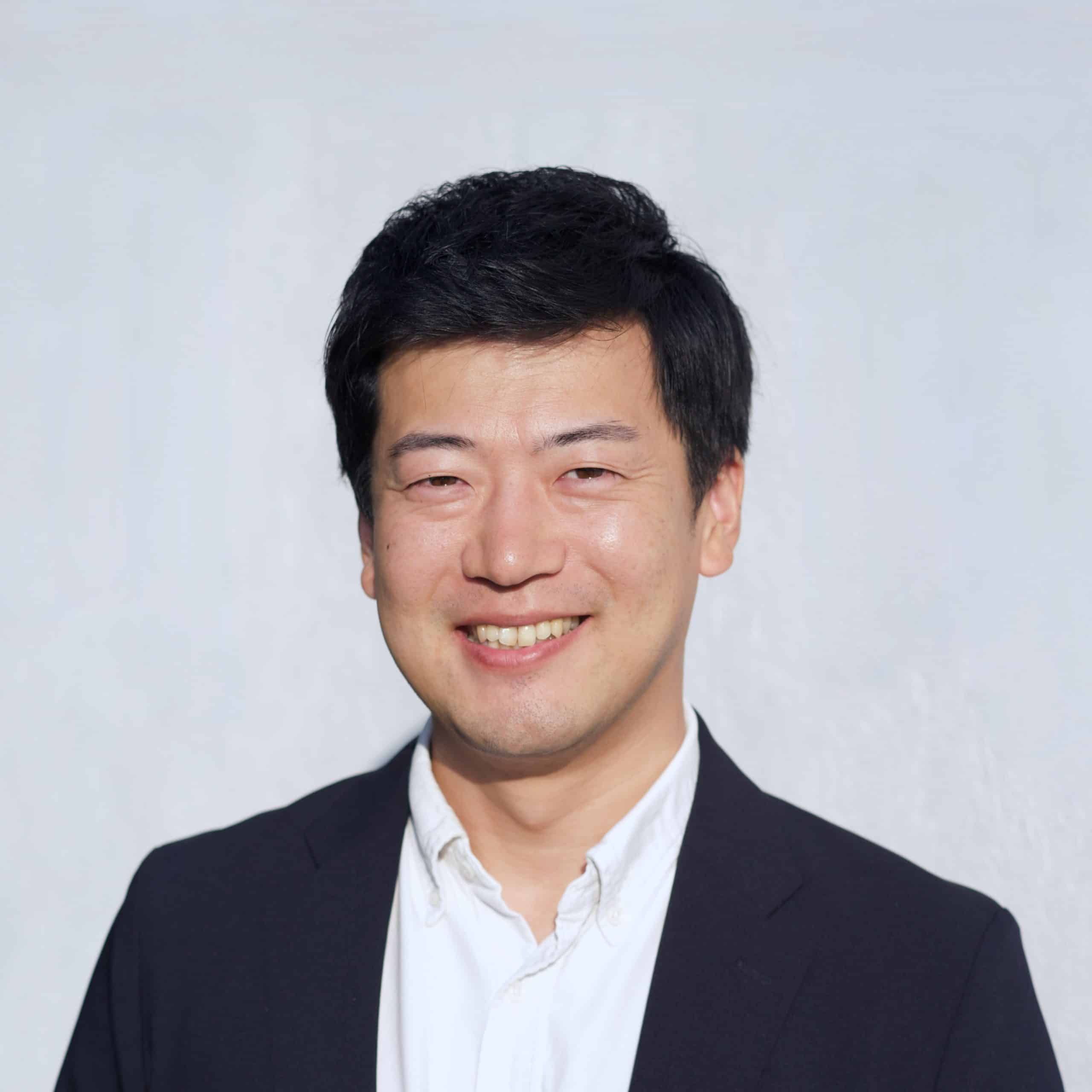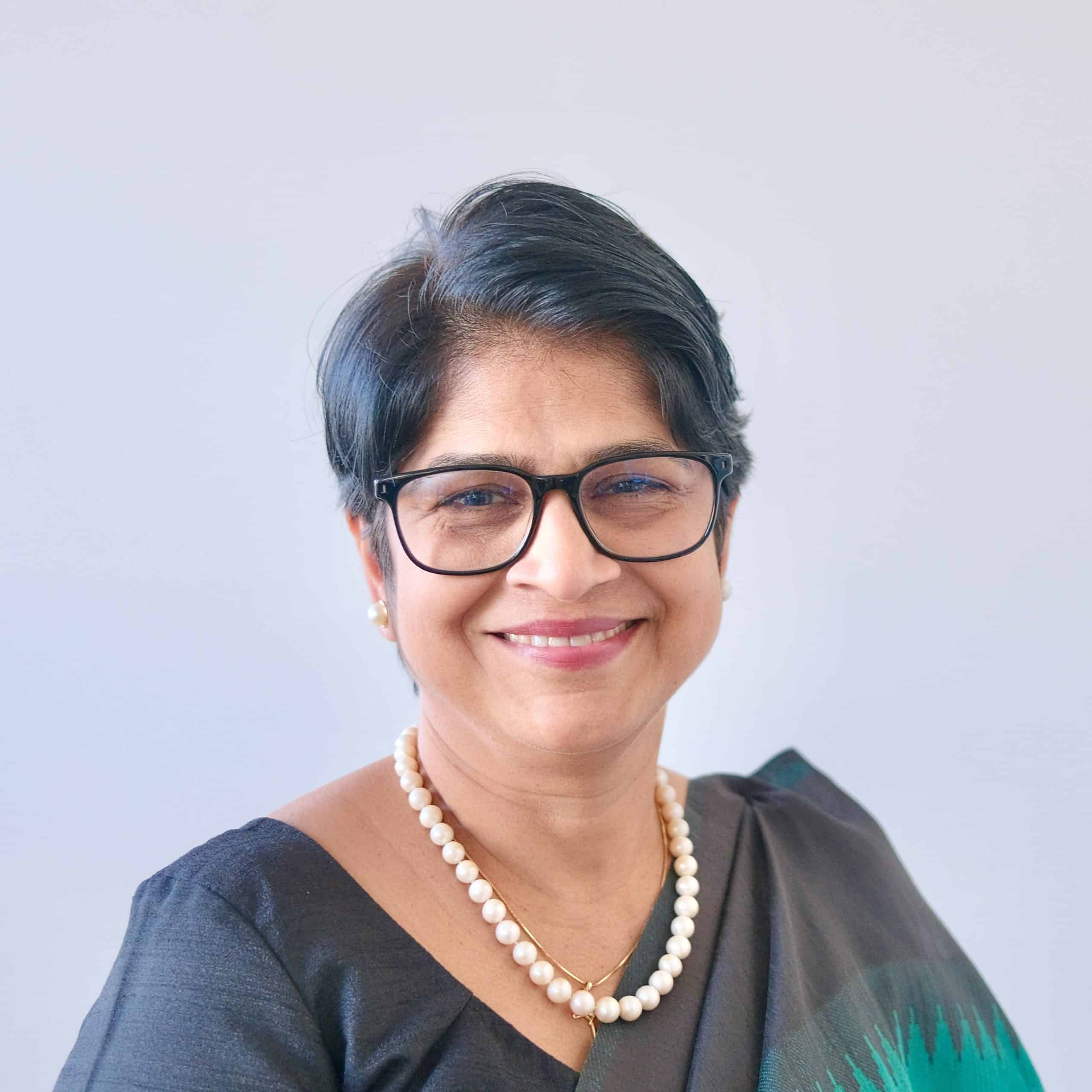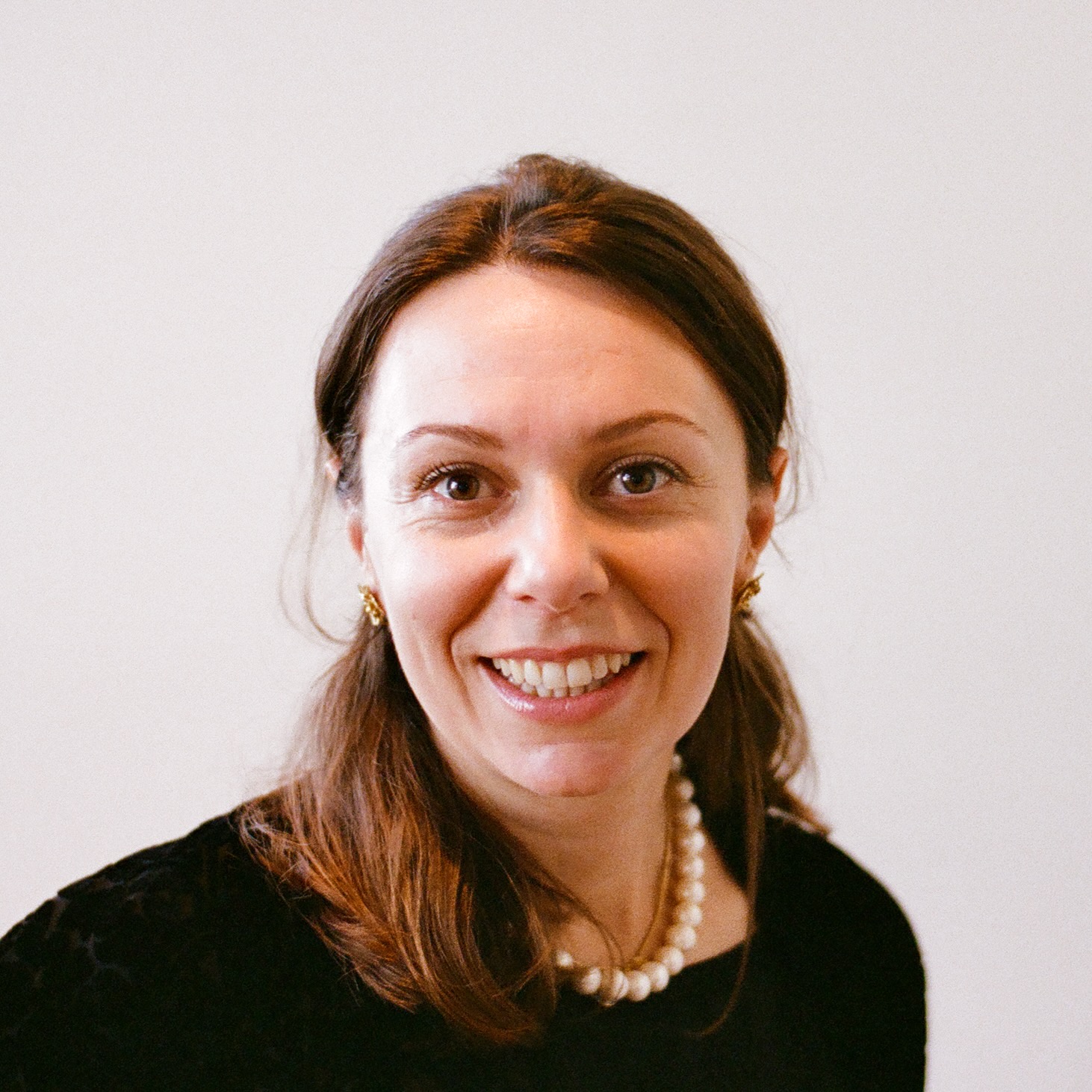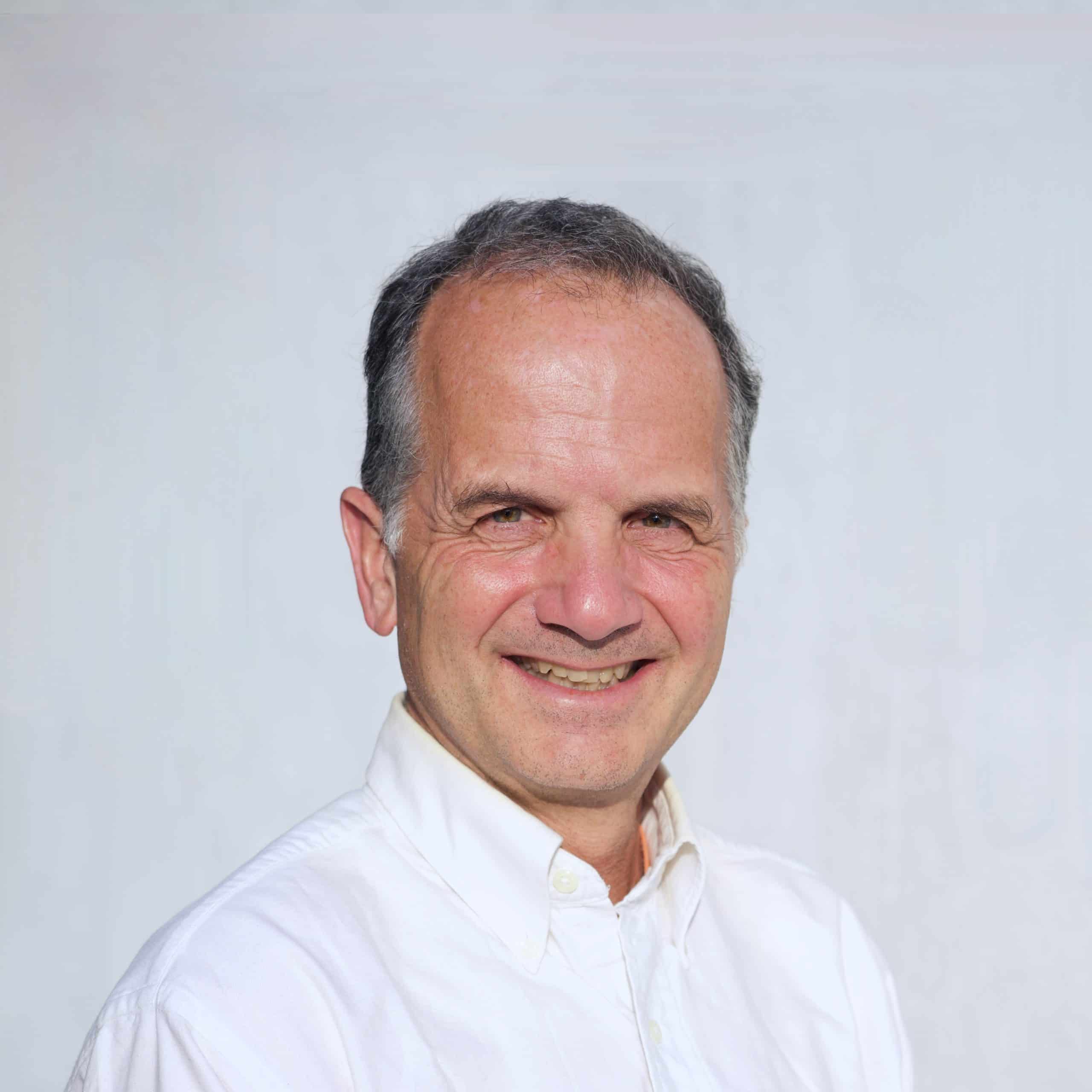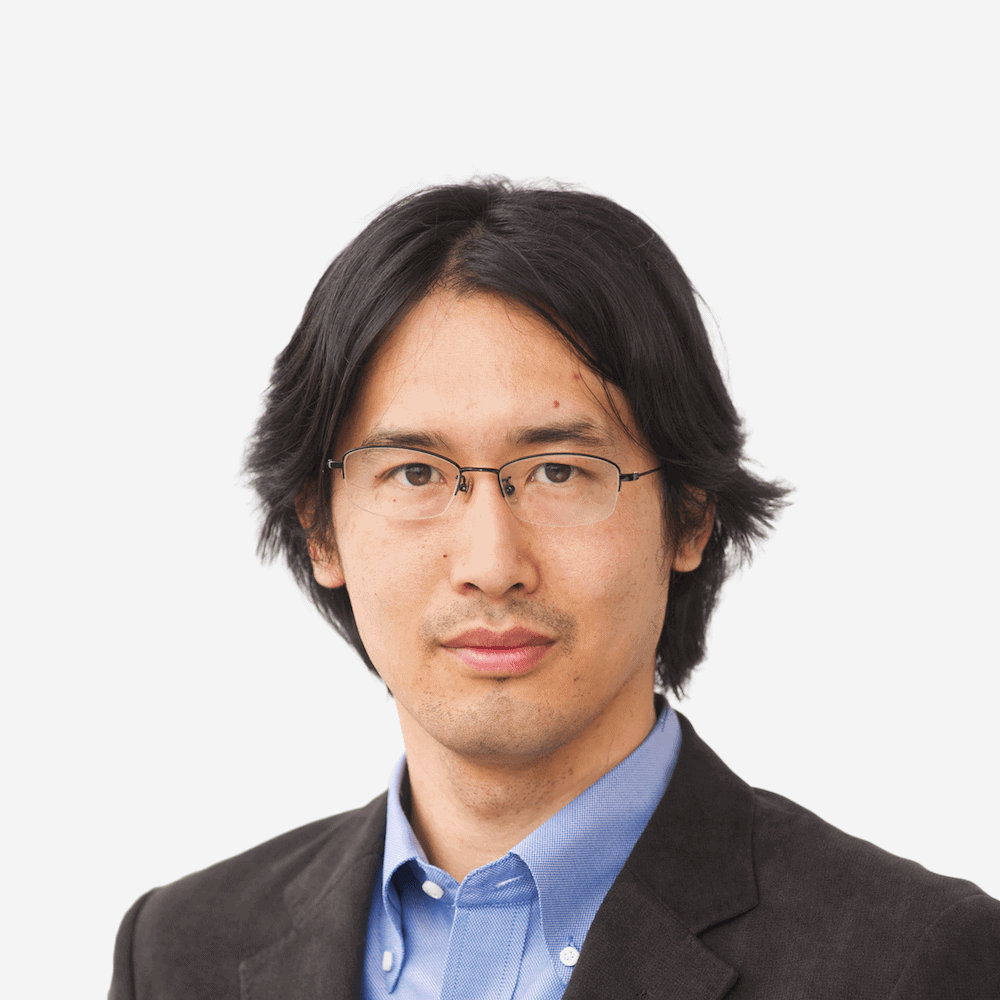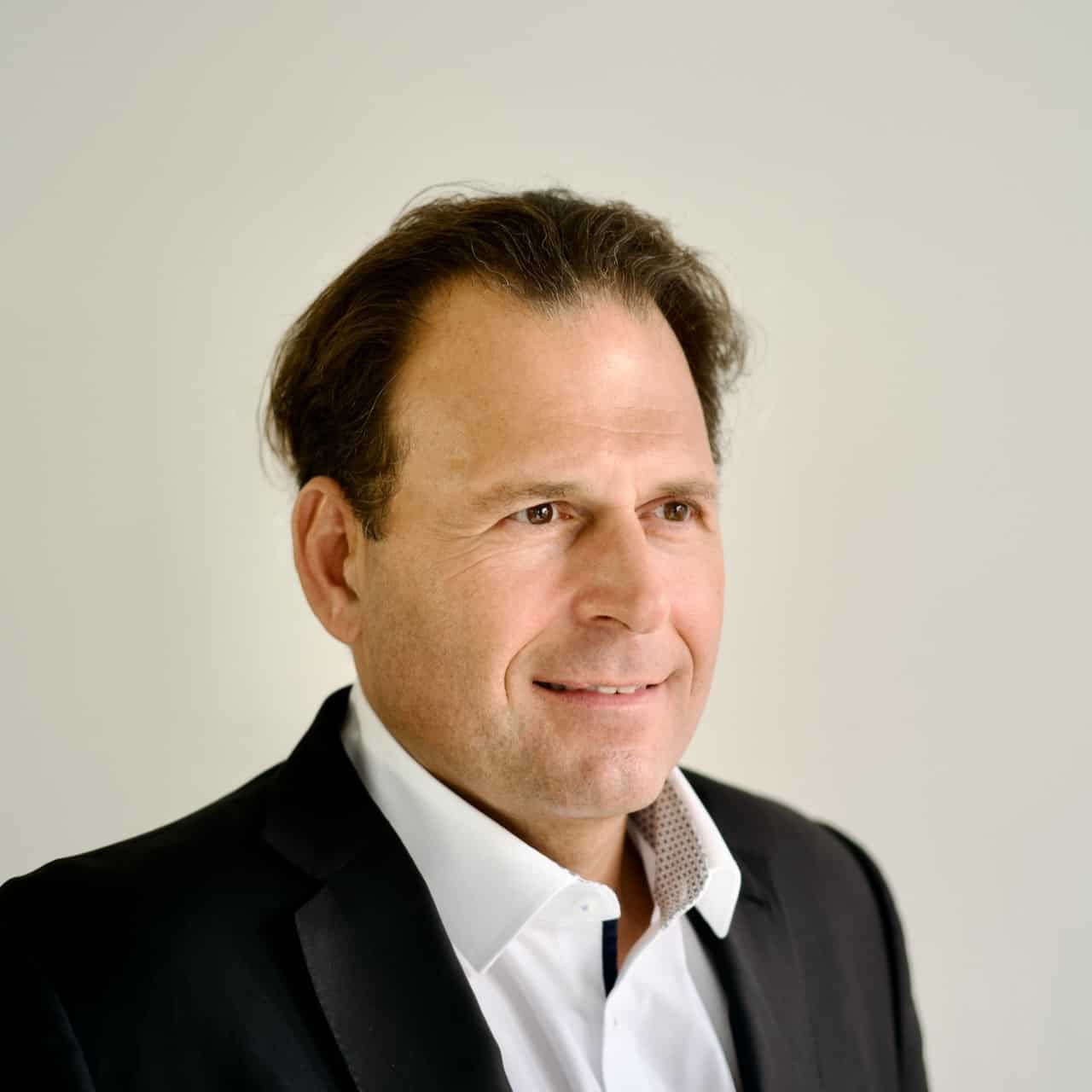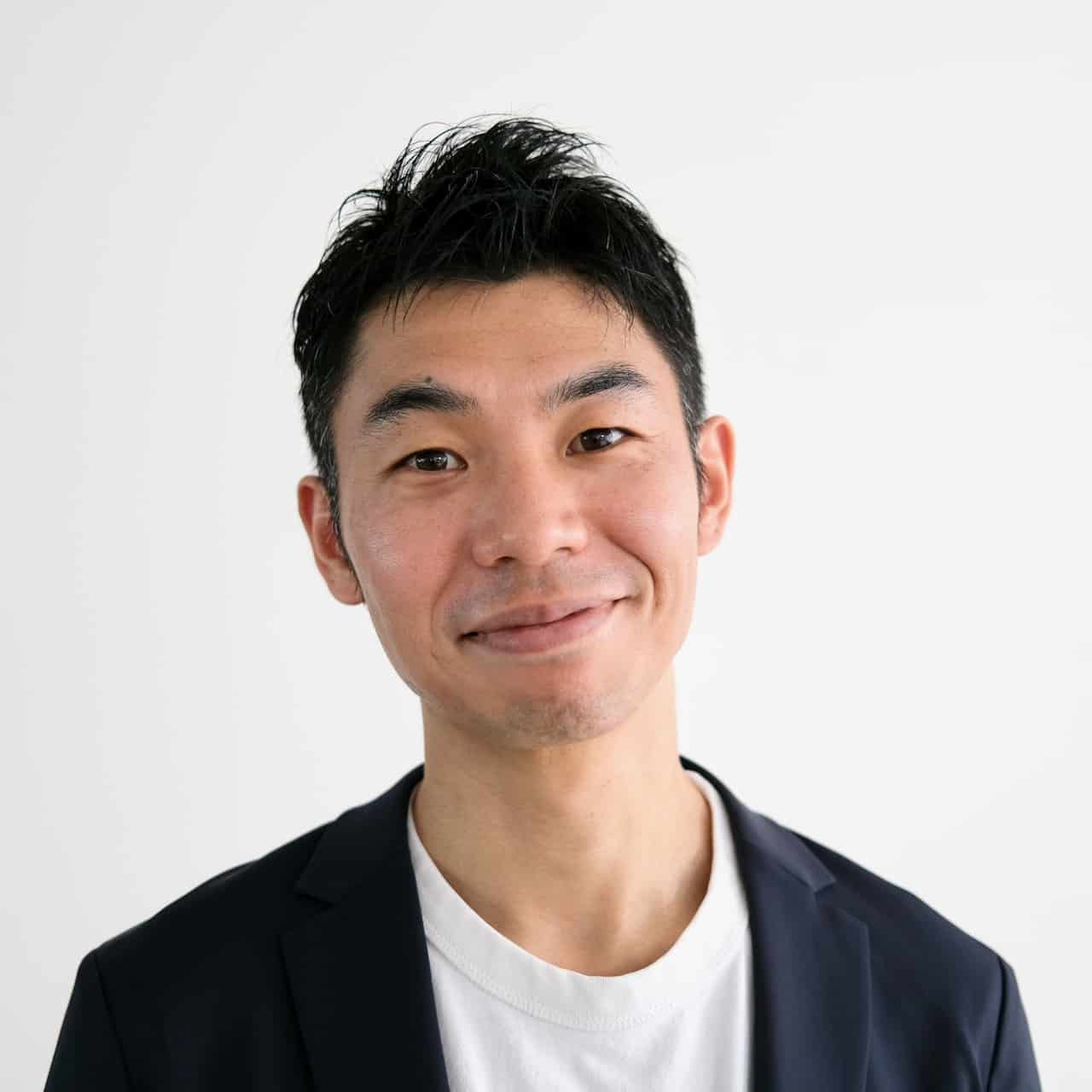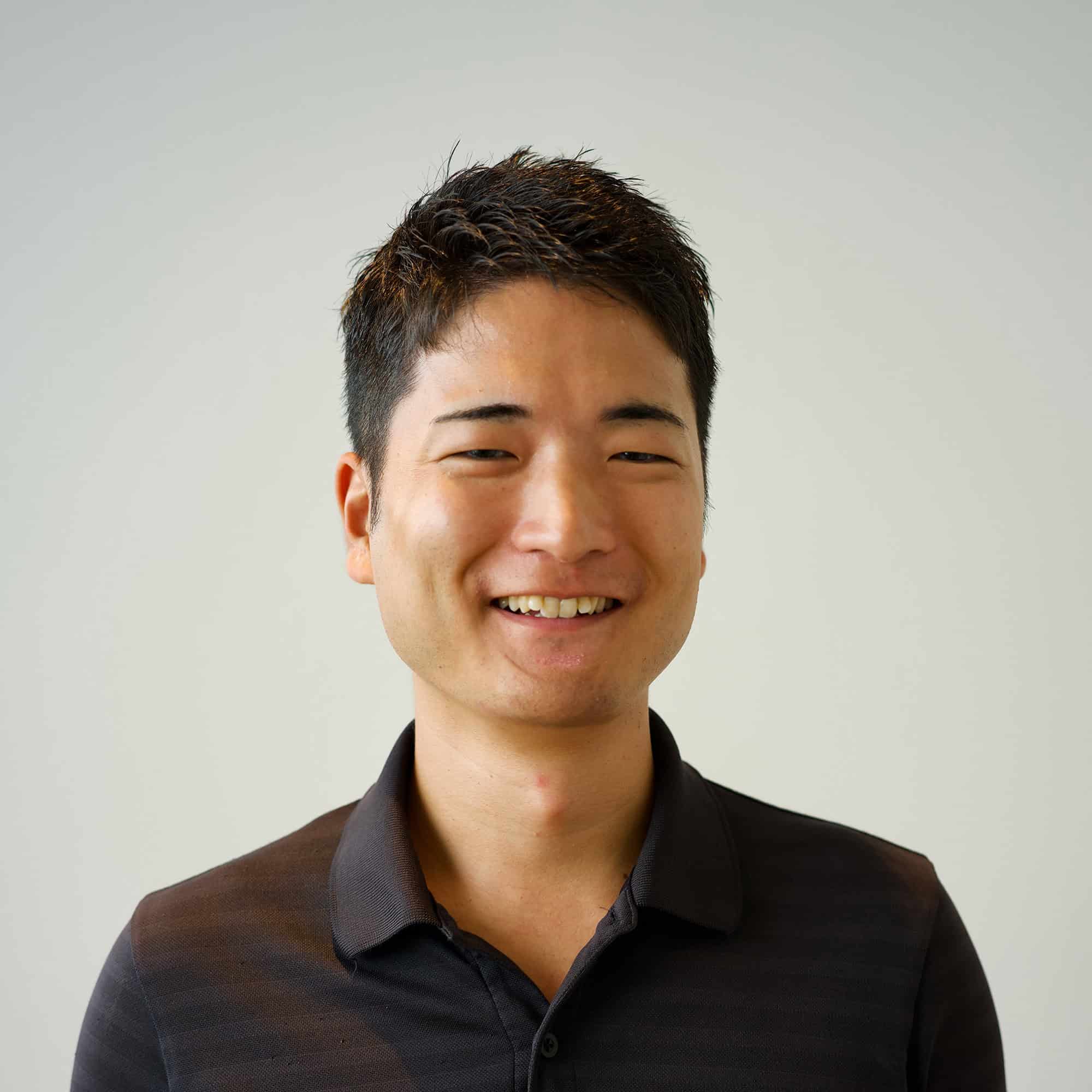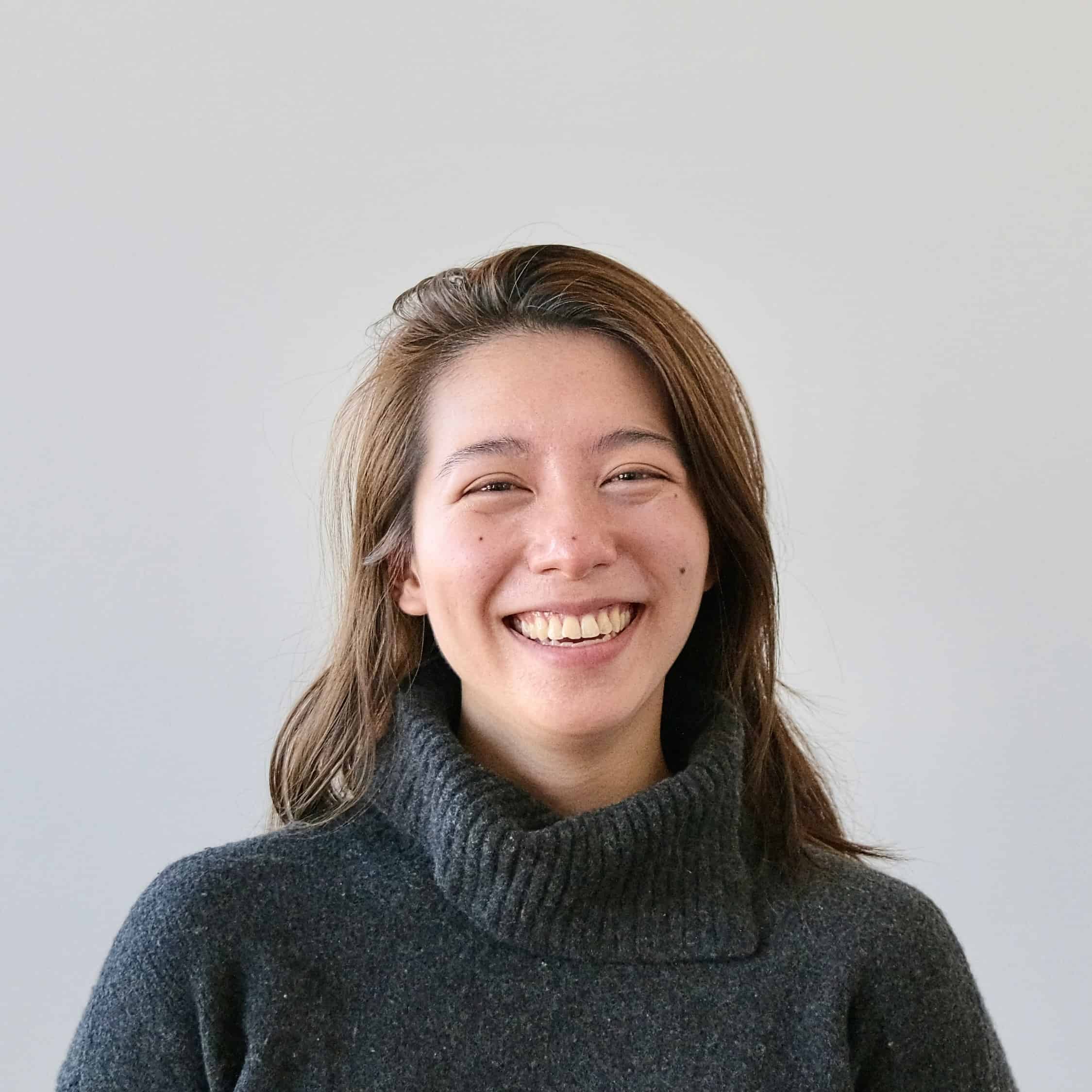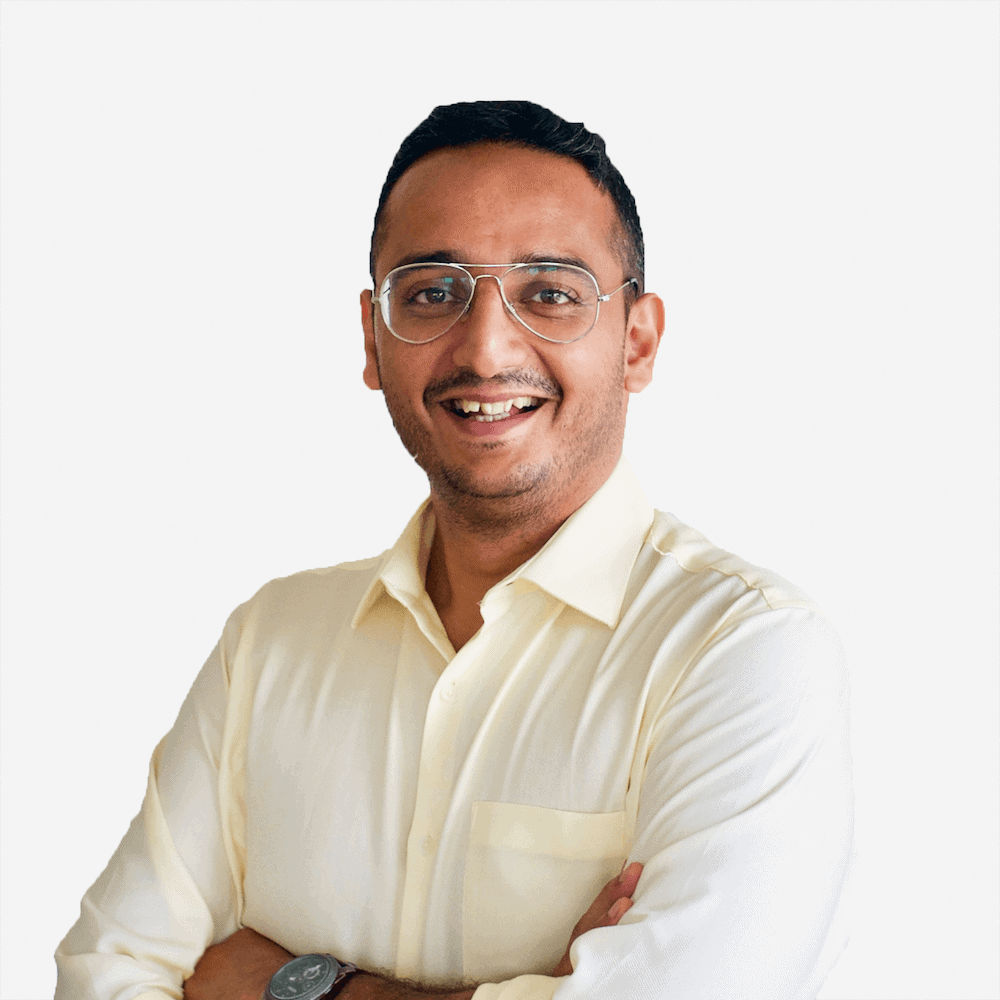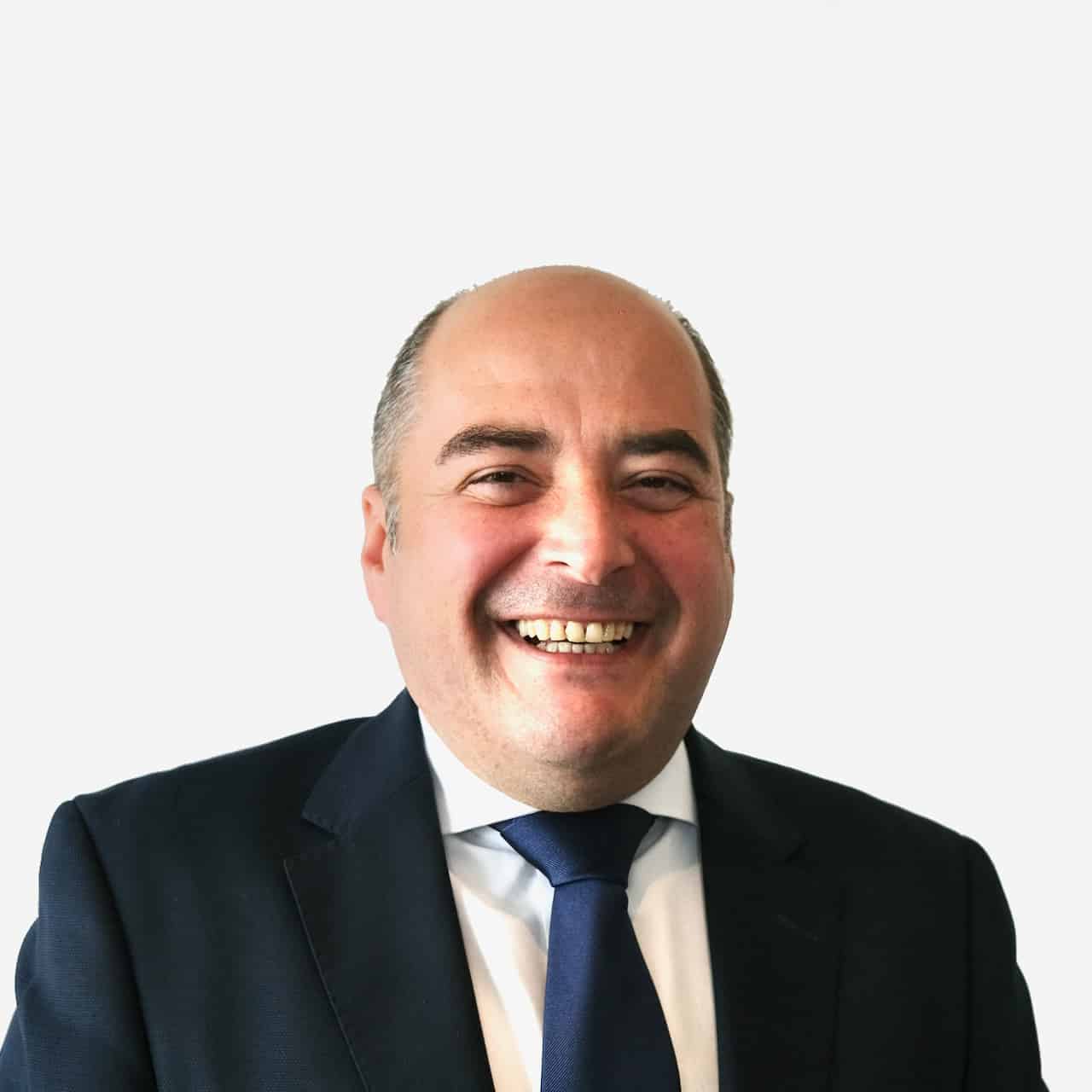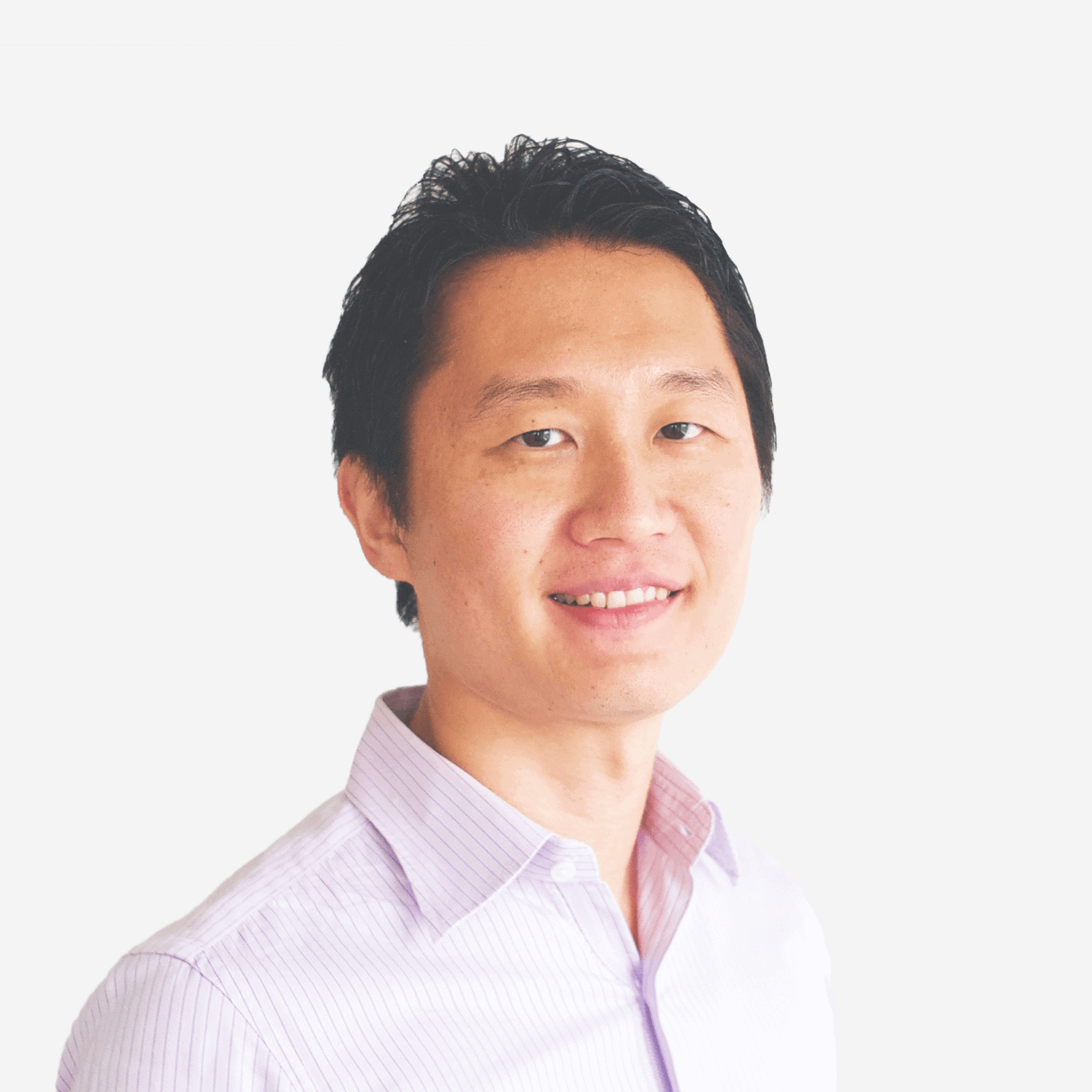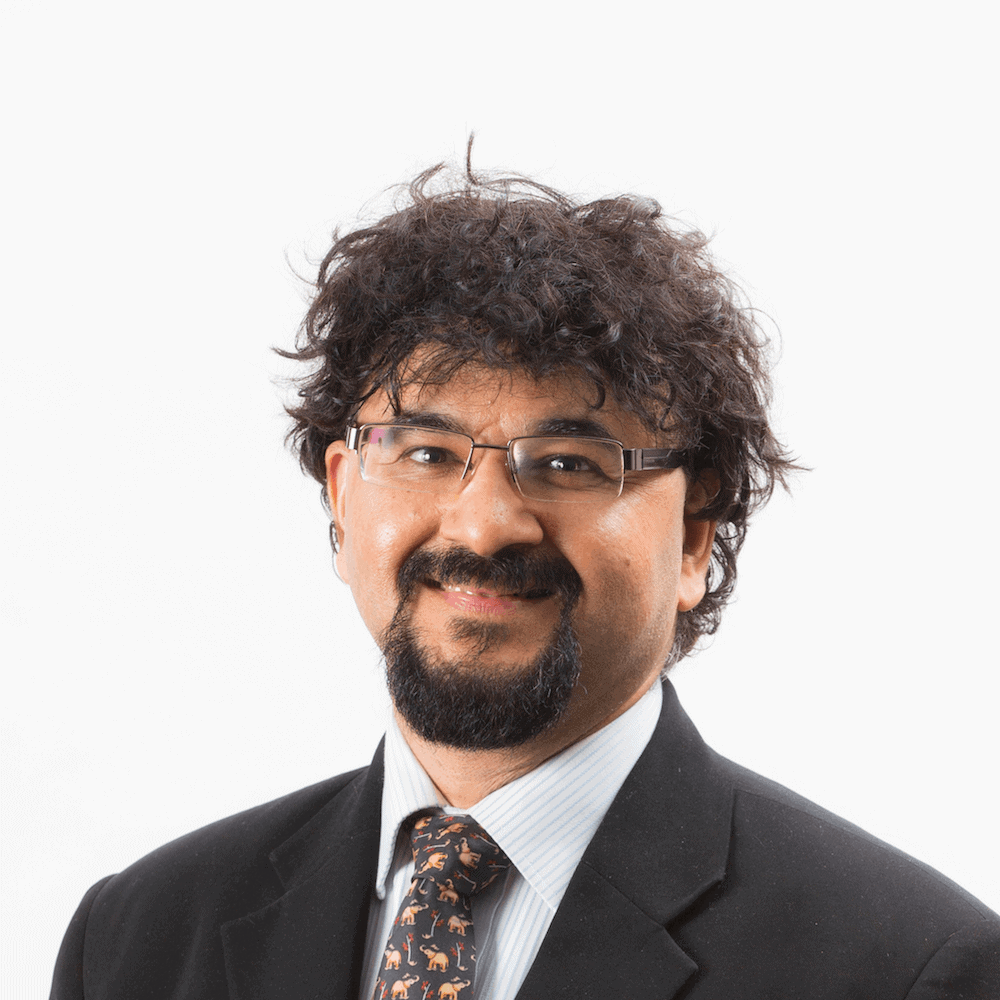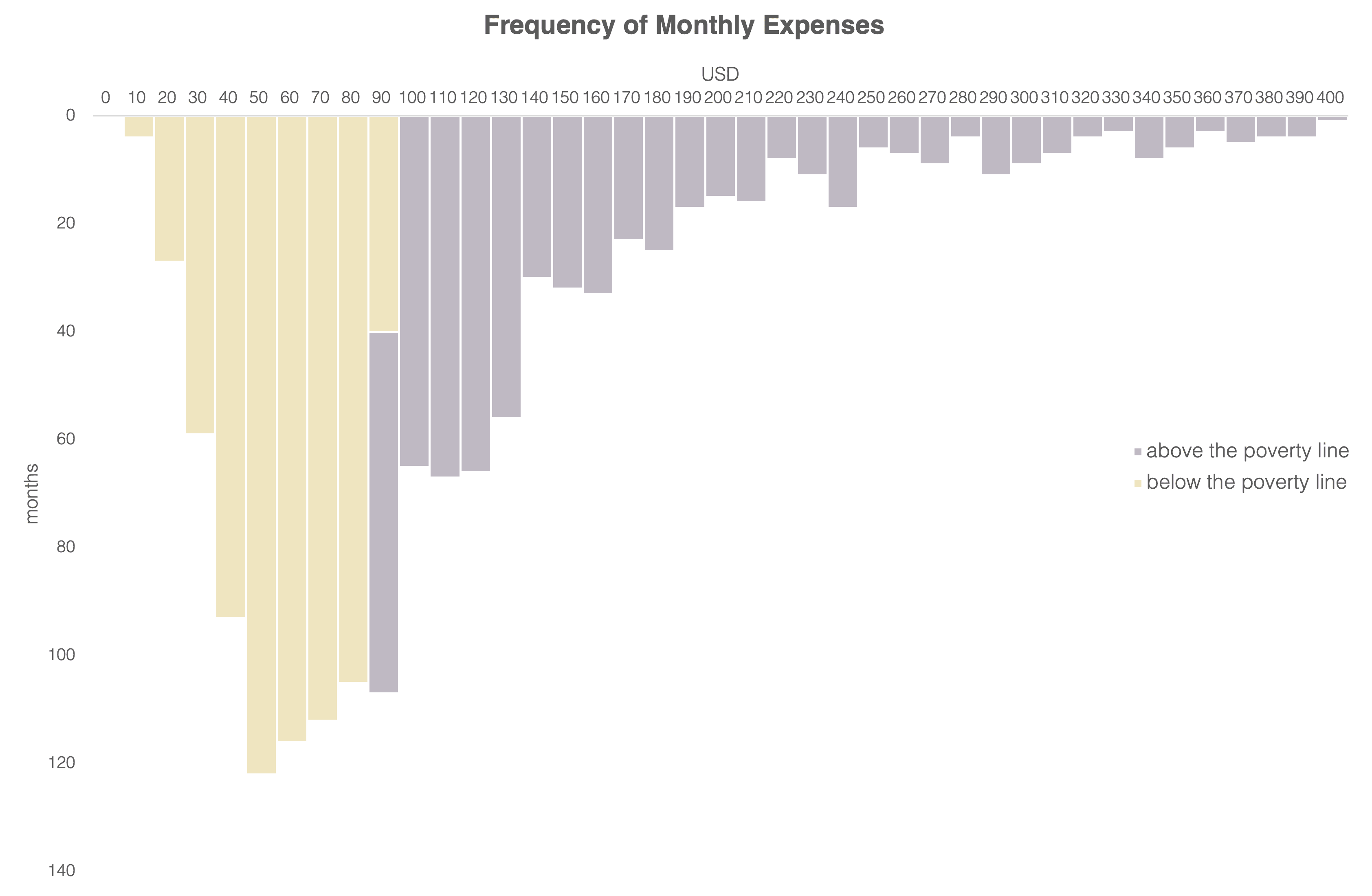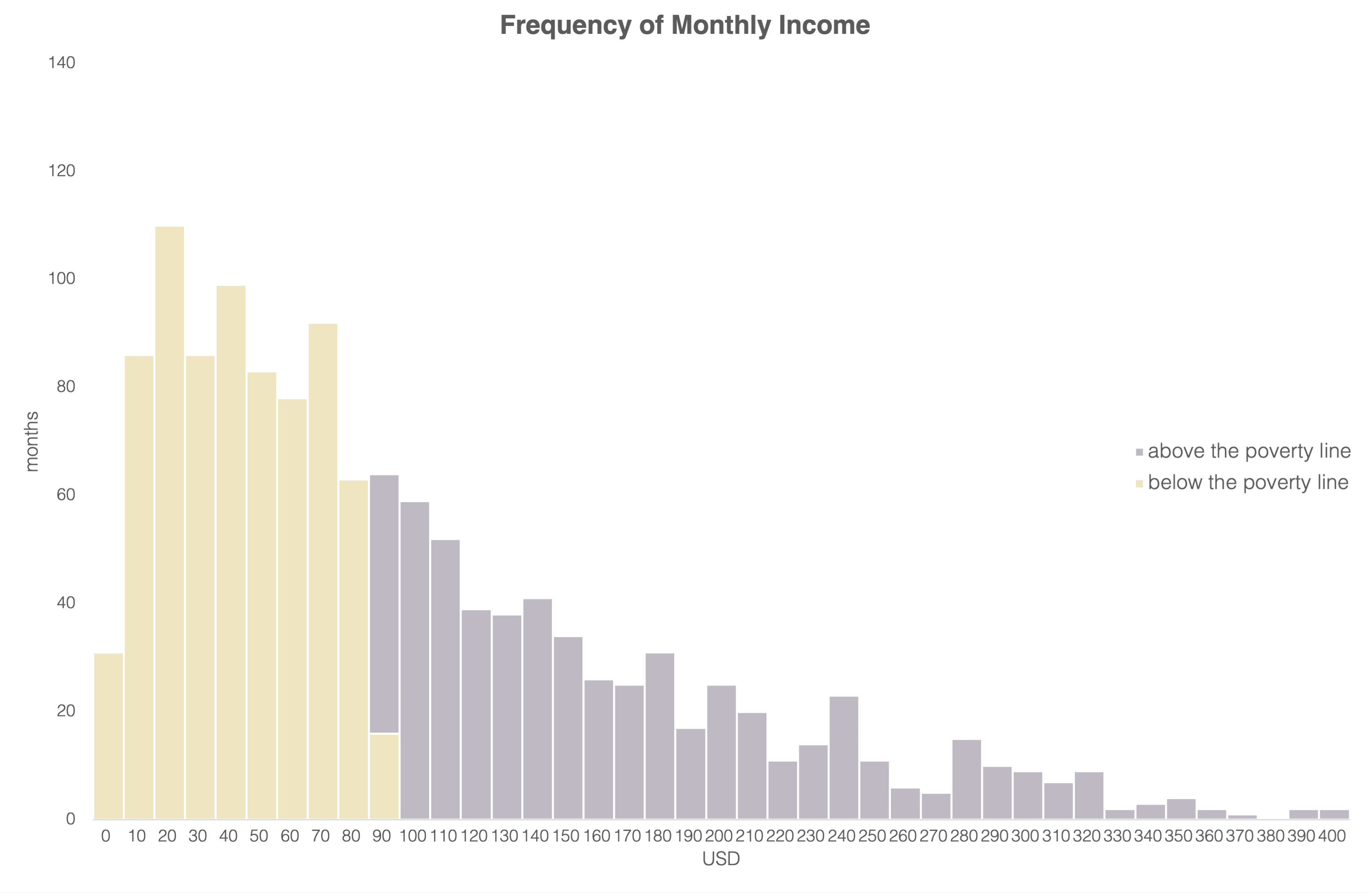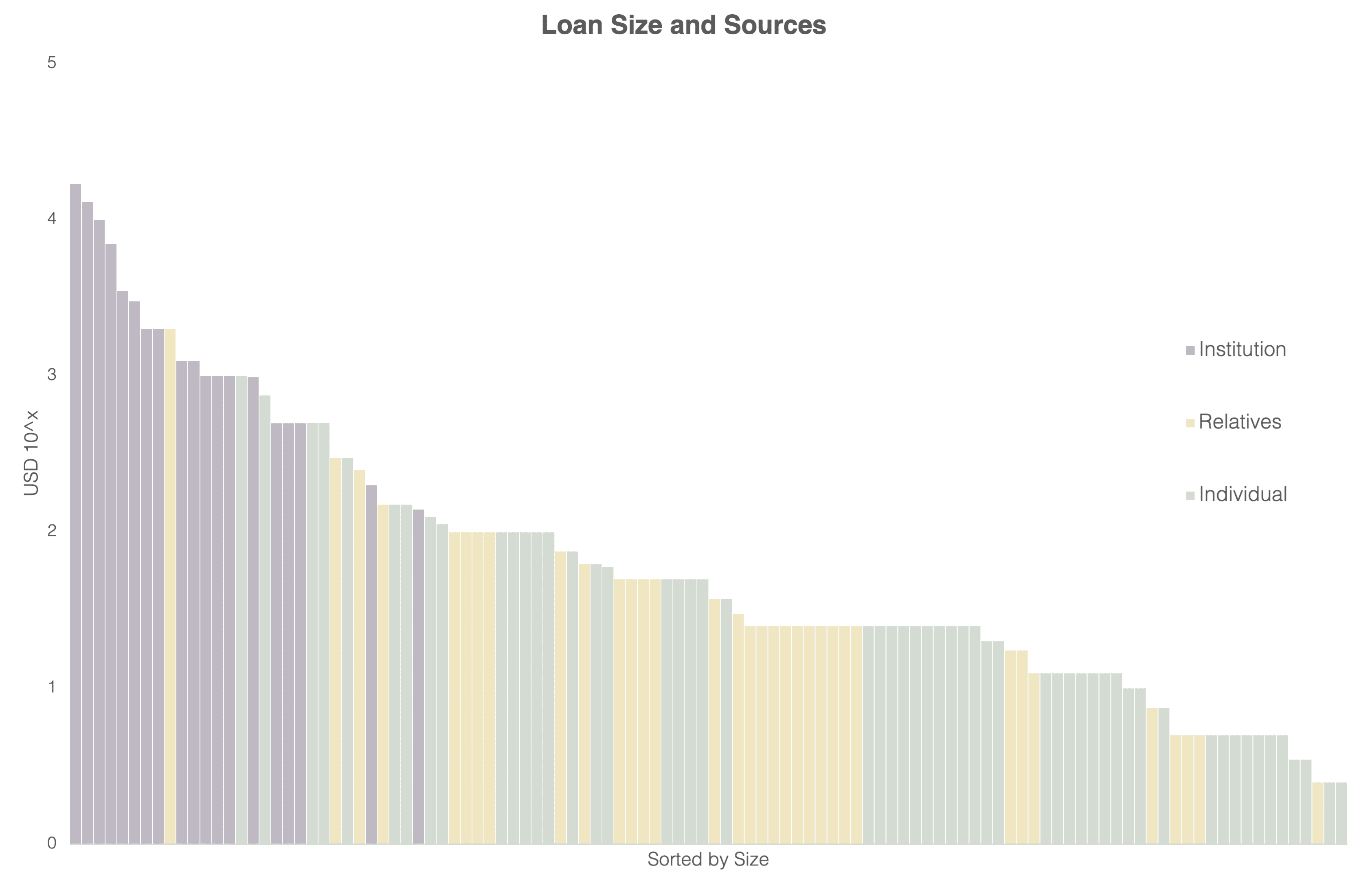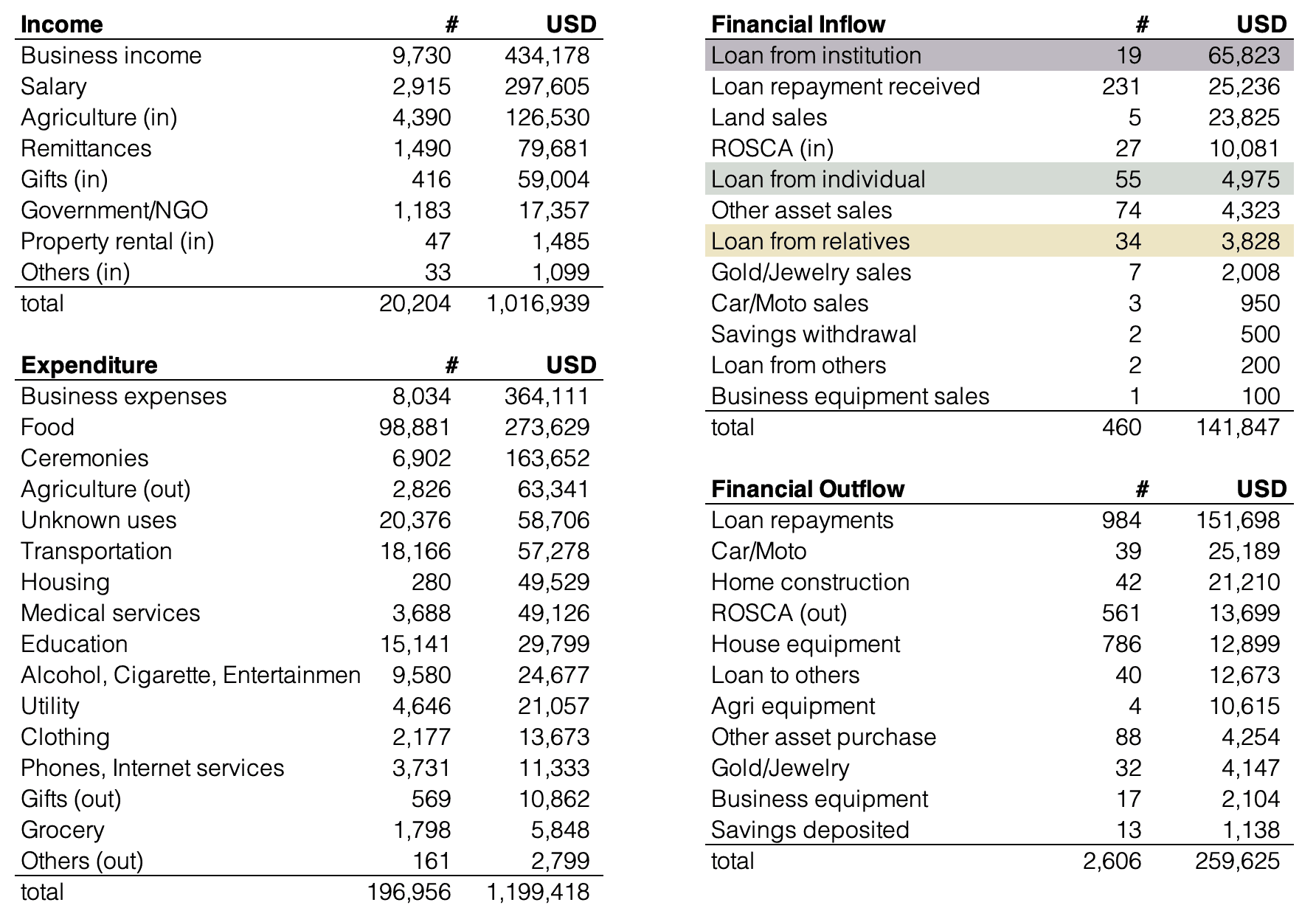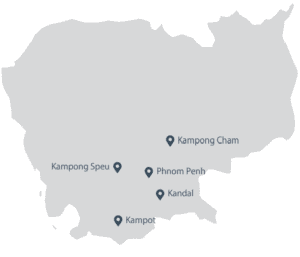I'd always thought I'd had a poor childhood. But it wasn’t until I lived and worked in East Africa, India, and Sri Lanka for years that I learnt the true meaning of poverty.
When I first landed in Kenya, I was like any passionate young professional aspiring to create impact for the local poor people. I visited slums and rural areas where I saw muddy roads, kids with dirty clothes, trash everywhere, terrible public toilets. I thought to myself: "This is what poverty looks like".
If my journey of understanding poverty had ended there, it's very likely I'd have come up with solutions such as building a clean public toilet, donating good quality second-hand clothes, or hosting neighbourhood cleaning events to pick up trash, etc - all these things we often see or hear about. These are all nice solutions to temporarily treat pain, but very rarely have they worked for poor people and changed their situation permanently.
Why is that?
Because all these - muddy roads, dirty clothes, terrible toilets - are not what poverty is about.
1. Poverty means: Lack of quality options
The first time I met David (not his real name) was in 2016. He sang in a band at night, but what actually paid his living was picking up garbage in slums and reselling electronic parts. He grew up in a slum with his sister, raised by a single mum. When he was eight and his sister was twelve, they were kicked out by their mum. She told them, "You guys are grown ups now. You need to make a living on your own."
That was the beginning of his criminal teenage years.
The options he had were very limited: 1) Starve and try to find some leftover food in trash bins, or; 2) Transport a small bag of "flour" and get some pennies to fill his stomach. (Nobody suspects a kid with a small bag walking down the street.) As a result, he did both.
I tried to imagine what I’d do, if the same thing happened to me. I would have had many good options- I could have gone to my aunt, to the police,or to a teacher. In fact, I think before doing anything on my own, society would have noticed me and offered to help.
Not one of these options was available to my friend David. And that's what poverty actually means: a lack of quality options. A mother who lives in poverty is not deliberately making a choice to dress her kid in dirty clothes rather than clean second-hand clothes; she is choosing between providing clean clothes and getting food on the table. Most of the time, people do not have real choices.

2. Poverty means: Extremely low value of time
We often hear the phrase "Time is money". When you are poor, you have to spend a lot of time just to get a little bit of money. According to a report, Nairobi ranks as the world's 4th most congested city. This is attributed to the lack of a scheduled public transport system and an underdeveloped non-motorized transport network--again, contributing to a lack of quality choices.
Most people who live in slums work outside the slums. They go to nice neighbourhoods to work as maids, guards, construction labourers, and so on. Travel can take up to 2-3 hours each way. That is 4-6 hours every day, just gone, sitting in a matatu (a share taxi). And for safety’s sake, there is absolutely nothing you can do in a matatu, not even using your smartphone.
Transportation is just one example. The effects of this low value of time pervade every aspect of daily life. Everything takes so much more time for a poor person than for a middle-class person. And the less time you have to earn and learn, the less valuable your time will be. It's a poverty trap.

3. Poverty depends on context
When I learnt that poverty actually means 1) lack of quality choices and 2) extremely low value of time, my perception of so-called "poor neighbourhoods" started to change.
In India, I visited some communities in Himalayan regions which have very basic infrastructure, lacking even mobile phone signal. Their clothes are not clean and shiny; they still use traditional toilets; and their incomes are generally low and unstable. However, their neighbourhoods and environment provide an abundance of quality options for water, food, and entertainment, and they have plenty of time for themselves!
Just by looking at the numbers, they may be classified as households in poverty. But in my view, they simply have a different reality of life from those of us who live in developed countries. In our context, their standard of living would be considered poverty; in their context, it's just a normal neighbourhood. And if we force changes on their neighbourhood simply because we judge that they are in poverty based on some numbers on a page, the damage could be catastrophic.
This might be a reason why so many social innovation ideas have failed or even created greater harm than positive impact. Poverty depends on one’s context. Forcing one's expectations onto someone else’s context can lead to disastrous outcomes.
As Gojo works on extending financial inclusion to everyone, we need to understand what poverty and lack of financial inclusion mean to our clients. We must always try our best to listen first to understand and respect our clients' context and to create a solution which truly works for them.
Yung Han Chang works on Corporate Planning and Investor Relations at Gojo, drawing on her prior experience in Sri Lanka as a country rep for Gojo and in Kenya at the Amani Institute, where she completed a post-graduate certificate in Social Innovation Management. She is currently working on Gojo's long-term strategy and governance processes.




